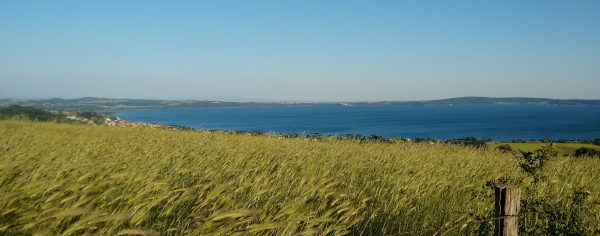FIBL: updated technical guide gives practical tips on cow-reared calf husbandry for organic and conventional
The publication describes the natural relationship between the cow and her calf and draws conclusions for the species-appropriate rearing of calves.
Calf husbandry in a mother-bonded or fostered calf rearing system is of growing interest to livestock farmers. More and more dairy farmers want to leave calves with their mothers for longer and still milk the cows. The cow and her calf should be able to live out their natural relationship more intensively.



